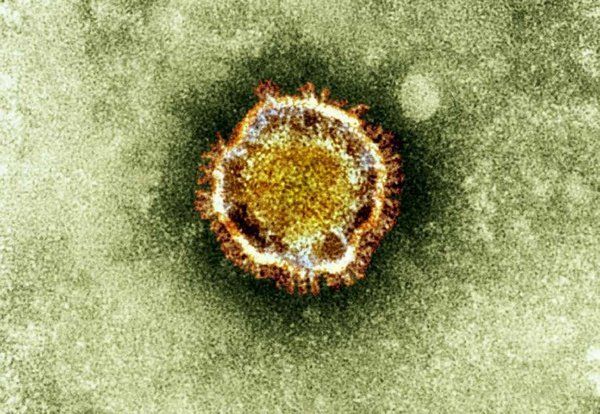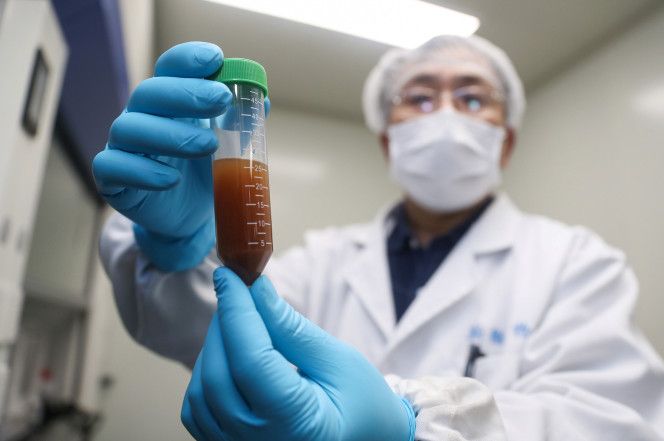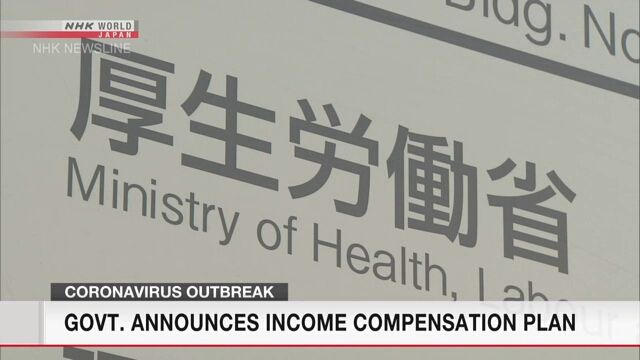The U.S. Health and Human Services Department suffered a cyberattack on its computer system Sunday night during the nation’s response to the coronavirus pandemic, according to three people familiar with the matter.
The attack appears to have been intended to slow the agency’s systems down, but didn’t do so in any meaningful way, said the people, who asked for anonymity to discuss an incident that was not public.
The National Security Council tweeted just before midnight: “Text message rumors of a national #quarantine are FAKE. There is no national lockdown. @CDCgov has and will continue to post the latest guidance on #COVID19.”











